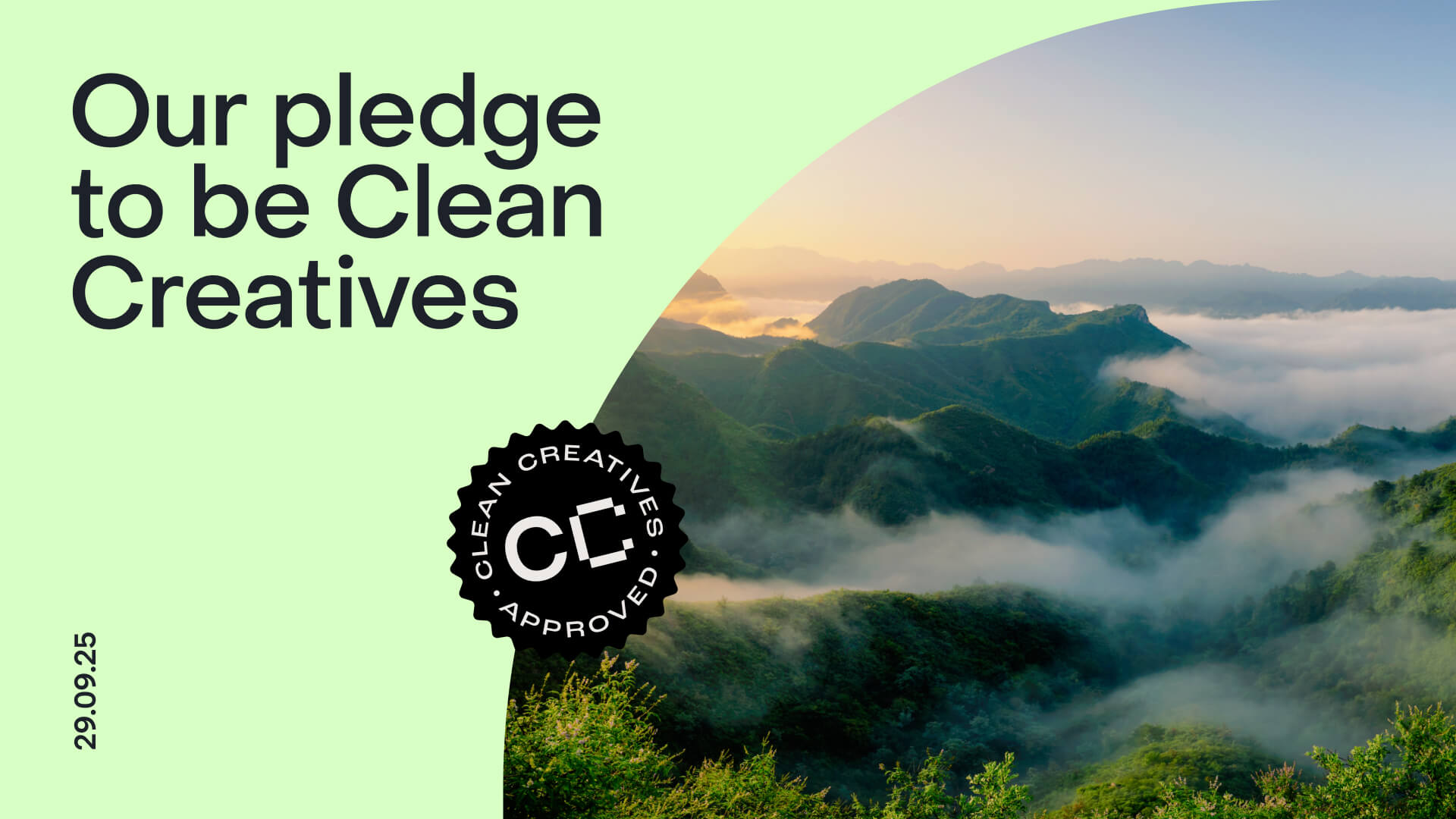Greenwashing


You’ve probably heard the term ‘Greenwashing’ by now. It refers to the act of making false or misleading claims about the environmental benefits of a product. As consumers, we have so much power when it comes to the choices we make, and many of us are becoming increasingly invested in how goods are made and where they are coming from. So, read on to find out how you can avoid falling into the greenwashing trap!
Firstly, what exactly is greenwashing?
The practice of greenwashing is simply defined as making people believe that your company is doing more to protect the environment than it really is. The term emerged as a result of consumers becoming increasingly concerned about the environmental impact of their purchases.
Greenwashing was first coined almost 40 years ago and was used in reference to a hotel policy in Fiji about reusing towels to save the environment. The policy was marketed to look like the hotel cared about their environmental impact when in reality it was a ploy to reduce their laundry costs. Through the act of greenwashing, brands create the impression that they share their customers’ values and concerns. But in the process, not only do they mislead consumers, but they overshadow companies who truly are leading the way on sustainability. As consumers it’s essential for us to be able to differentiate between companies genuinely striving for sustainability and those merely using it to make some extra profit.
Why do companies greenwash?
Being green sells! The goal of greenwashing is to make profit, not to actually benefit the environment in any way. Growing concerns around the climate crisis has meant that consumers are way more conscious and considerate when making purchasing decisions.
A recent report showed that 1 in 3 UK households now strongly consider environmental concerns when shopping, while 60% of people would opt to pay more money for a product with sustainable packaging.
The heightened demand for sustainable products has pushed numerous companies to market themselves as ‘eco-friendly’ and 'green.’ However, amidst this wave of eco-conscious marketing, it has become increasingly challenging to identify which companies are genuinely committed to making positive change. While legitimate efforts towards sustainability are vital, greenwashing undermines these efforts by capitalising on consumers' desire to make better choices.
Acknowledging the need for regulatory action, the European Union took a significant step in September, finalising a law aimed at helping consumers spot greenwashing. This law will prohibit generic green claims unless companies provide verifiable evidence of these practices. While this is a step in the right direction it doesn’t yet completely eliminate greenwashed products being on the market.
How to spot greenwashing
In order to identify greenwashing, consumers need to be aware of greenwashing tactics and how companies use them. Here are the most common ones:
- Don't be fooled by design: One study found that green imagery appeared to sway public opinion. The research concluded that consumers viewing natural imagery on products led to more favourable judgments of brands. Don’t let the pictures fool you. Make sure that any nature-based imagery sits alongside data that backs up any claims.
- Avoid buzzwords: Greenwashing often involves making broad, vague claims without offering specific details. If a product is labelled as 'biodegradable ', ‘green’ or ‘eco friendly’ investigate further as these assertions can often lack substance. For example a product labelled as “biodegradable” might only degrade under very specific conditions which are not present in a landfill where they will ultimately end up. True sustainability involves considering the entire lifecycle of a product and its impact on the environment.
- Only focussing on the positives: This greenwashing method is aiming at diverting the attention of the consumer. The company will try to highlight a specific aspect of their product, which can be described as ethical and sustainable. But what they're really doing is drawing the consumers attention away from aspects of the product that have a less than desirable environmental impact.
- Empty claims: Offering false information is a common greenwashing practice but can often be easier to identify. Companies have become even more clever. They are offering valid claims but in an exaggerated manner. Some companies use the word ‘recycled’ but when you read the small print, they’re made from just 10- 20% recycled material.
- Consider who you’re buying from: When trying to figure out if a product has been greenwashed, always take a look at the company selling it. It might raise an eyebrow if, say, an oil company is suddenly pushing 'sustainable' products. In this case it's more about staying on the good side of the public without putting in real effort towards positive change. You can catch on to a company's greenwashing by digging into the reasons behind their actions. Are they making big environmental gestures because they genuinely care, or is it just a tactic to divert attention from their less-than-green practices.
In conclusion
Greenwashing matters because it has real consequences. If consumers realise they've been misled, they're likely to doubt environmental claims made by others. This can lead to fewer consumers buying genuinely good products, and slowing progress on climate action. By being vigilant consumers we can support businesses that are actually dedicated to positive environmental change. Share your knowledge, scrutinise claims, and let's ensure our choices contribute to a sustainable and thriving planet.


.jpg)